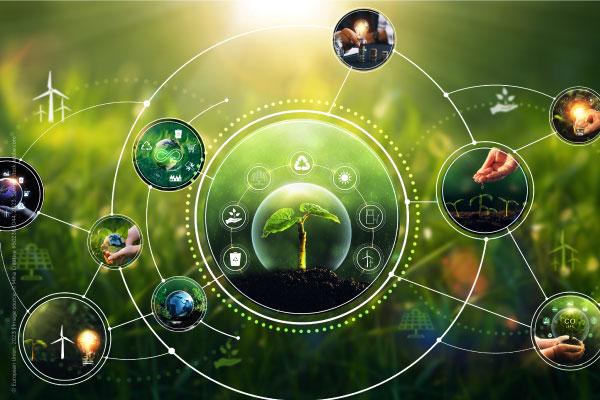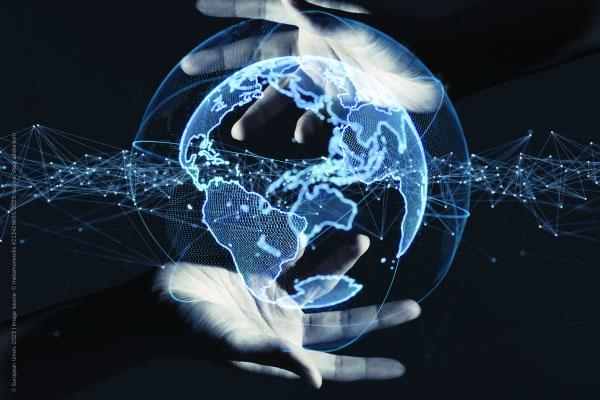International cooperation: Why and How?
International cooperation is a driver of world class research and innovation. The European Union’s Strategy for international cooperation is set out in the Global Approach to Research and Innovation Communication. Horizon Europe, the EU’s framework programme for research and innovation, is one of the main tools to implement this strategy.
Horizon Europe offers opportunities to researchers and innovators from all over the world, albeit with the possibility of restrictions where necessary. Under Pillar I researchers can apply for Marie Skłodowska-Curie Fellowships to come to work in European research groups or for European Research Council grants to establish a research group in Europe. They can be included as partners in research consortia submitting collaborative research proposals under Pillar II, and if they plan to establish a start-up or Small or Medium sized Enterprise in Europe, they can apply for funding from the European Innovation Council under Pillar III.
Guide to why and how to participate as an international researcher in Horizon Europe
The EU engages in bilateral cooperation, through Science and Technology Agreements with countries around the world, as well as in Regional Dialogues to strengthen partnerships. Association to the framework programme enables countries outside the EU to pay into the Horizon Europe budget allowing their researchers to participate under similar conditions as EU Member State researchers.
Balancing the openness of Horizon Europe with safeguarding European Interests, we are working towards a common understanding and implementation of the fundamental principles and values underlying international research and innovation cooperation through a multi-lateral dialogue, and we are engaged in science diplomacy to address global challenges and promote understanding. Closely aligned with the European economic security strategy, safeguarding measures are being taken to enhance research security across the EU.

The Commission Communication on the Global Approach to Research and Innovation sets out the European Union’s strategy for international cooperation in a changing world.

Balancing the openness of Horizon Europe with safeguarding European Interests.

The multilateral dialogue on principles and values for international research is one of the key elements of Europe’s new strategy on international cooperation in research and innovation.

Association by a non-EU country to Horizon Europe facilitates participation of their researchers in programme actions. 17 countries are currently associated.

The EU has bilateral agreements with 20 individual countries around the world, based on common interests and priorities, aiming to increase cooperation in research and innovation.

Science and technology dialogues between the EU and other regions of the world combine policy dialogue with project-based and bottom-up cooperation.

Science diplomacy helps leveraging our power and partnerships for a global Europe.
Contact
DG Research and Innovation
Unit 03: Europe and Americas
DG Research and Innovation
Unit 04: Asia, Pacific, Africa and the Middle East
The National Contact Points (NCPs) provide guidance, practical information and assistance on all aspects of participation in Horizon Europe.
Find out more about research in Europe, the EU's research and innovation funding programmes as well as calls for proposals and project funding.
Latest
The Commission joint workshop with the Ministry of Education and Higher Education in Palestine on exploring funding and networking opportunities under Horizon Europe Work Programme 2025 on 29 April 2025.

In March, the European Union and the Canadian Ministry for Innovation, Science and Economic Development (ISED) undertook a roadshow across Canada to bring Horizon Europe closer to the Canadian scientific community and help Canadian researchers and innovators to better understand the programme.
Research and innovation news alert: The Agreement is expected to be signed by November 2025, with its entry into force subject to final validations by both parties.






